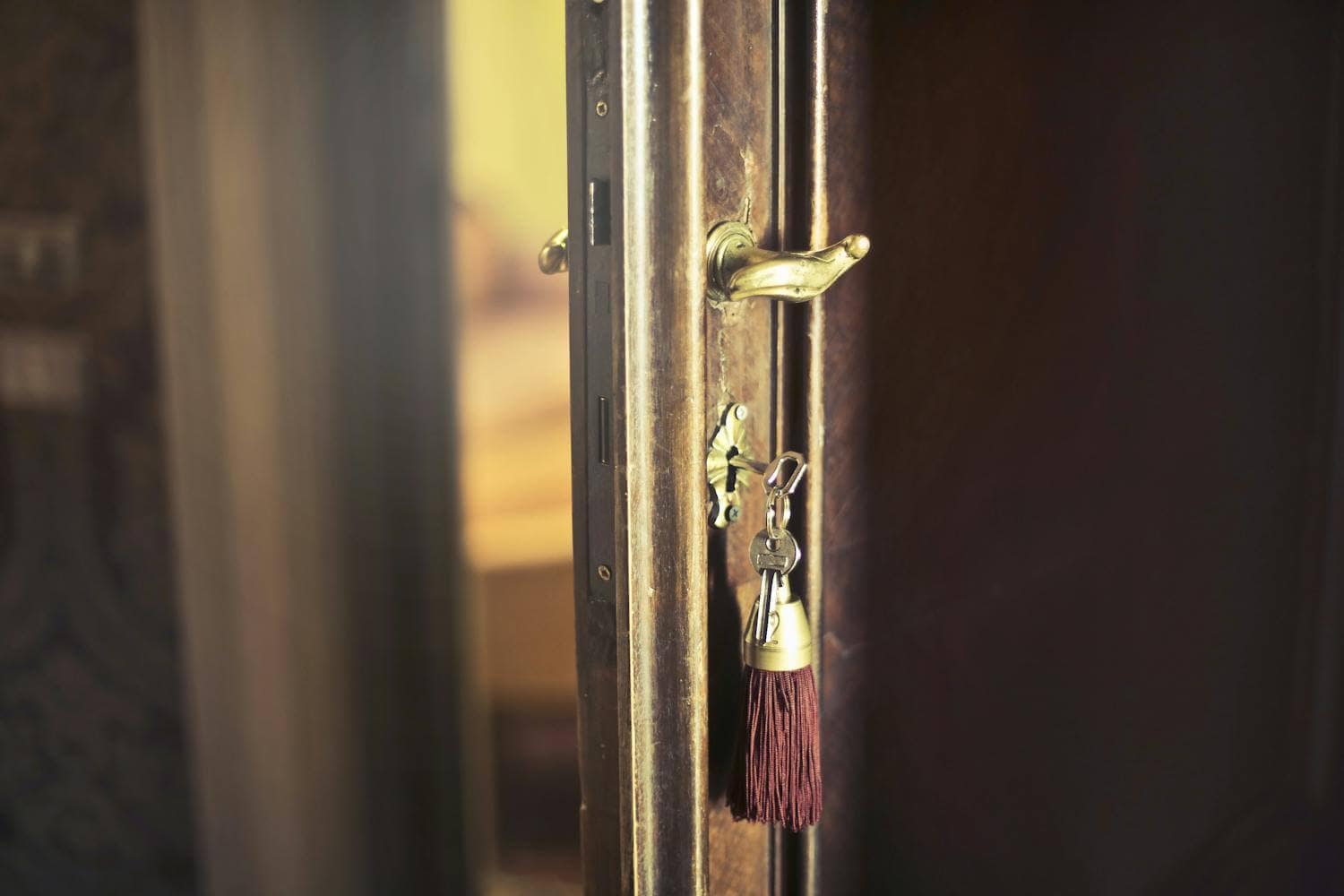Navigating through the aftermath of a separation or divorce can be challenging, especially when it comes to matters concerning the family home.
One question often arises is, “Can my ex-partner change the locks?” The short answer is that it depends on the circumstances surrounding the ownership of the property and any court orders that may be in place.
Legal Right to Change Locks Post-Separation in Australia
In Australia, the legal right to change the locks on a property post-separation is contingent on whose name is on the title deed.
If the property is jointly owned, both parties have equal rights to access the home. This means that one party cannot change the locks without the consent of the other.
However, if the property is in one person’s name, they technically have the right to change the locks.
It’s important to note that even if legally permissible, changing the locks without addressing the broader implications can lead to further disputes or legal challenges.
🔑 Key Takeaway: Your ability to change the locks depends on property ownership and existing legal agreements.
When Changing Locks is Deemed Necessary
There are specific scenarios where changing the locks might be deemed necessary or acceptable. For instance, if there are concerns about personal safety or threats from the ex-partner, obtaining a court order that allows the locks to be changed to protect oneself and the children might be possible.
Additionally, changing the locks can be permissible if one partner has abandoned the property or there are legal documents stipulating exclusive occupancy rights.
🔑 Key Takeaway: Changing the locks is generally acceptable in cases of safety concerns or when legally sanctioned through court orders.
Steps to Consider in the Process of Changing Locks
Before making any changes to the locks, consider the following steps to ensure you’re within your legal rights and to avoid potential legal repercussions:
- Consult a Legal Professional: Getting legal advice tailored to your specific situation is crucial. A family lawyer expert regarding property settlement can provide guidance based on the laws in your state or territory.
- Review Property Ownership: Understand the legal ownership of the property and any implications it may have on your right to change the locks.
- Consider a Peaceful Resolution: Discuss the matter with your ex-partner if possible. A mutual agreement can prevent unnecessary conflict.
- Obtain a Court Order if Necessary: In situations involving safety concerns, a court order can provide legal backing to change the locks.
🔑 Key Takeaway: Always seek legal advice and consider the implications of changing the locks on your property.
Implications of Changing Locks on Property Settlement and Custody
Changing the locks can have broader implications for property settlement negotiations and custody arrangements. It’s essential to consider how such actions might be perceived in the context of ongoing legal proceedings.
Demonstrating a willingness to cooperate and communicate with your ex-partner can positively influence the outcome of these negotiations.
🔑 Key Takeaway: Consider the potential impact on property and custody matters before changing the locks.
Also read: Penalty for Hiding Assets in a Divorce
Consult With a Legal Professional
“Can my ex partner change the locks?” While the answer can vary based on individual circumstances, understanding your legal rights and obligations is critical.
Consulting with a legal professional and cautiously approaching the situation can help navigate this complex issue effectively.
Remember, the focus should always be on ensuring the safety and well-being of all parties involved, especially children.
🔑 Overall Key Takeaway: Whether you can change the locks after a separation hinges on property ownership, legal agreements, and personal safety considerations. It’s a nuanced issue that requires careful legal consideration of the broader implications on family dynamics and legal proceedings.
Prioritising communication, legal advice, and cooperation can help navigate this challenging situation more smoothly, ensuring that actions are in the best interest of all parties involved, particularly where children’s safety and well-being are concerned.
Director of Melbourne Family Lawyers, Hayder manages the practice and oversees the running of all of the files in the practice. Hayder has an astute eye for case strategy and running particularly complex matters in the family law system.





